Her story begins in Washington, D.C. Ora Hirsch is the first of four children born to Rabbi Richard — a renowned civil rights leader from a “typical American Jewish” upbringing — and Bella, a nurse and homemaker from a war-torn Russia. “My wife is always an equal partner in everything that I do,” Ora’s father explains. “The most important institution we established was our family.”
One of the most important components of that institution was education, he explains. “Even before they could read, we would read children’s books to them — in both Hebrew and English.”
In what other ways was the value placed on education in your upbringing evident?
It was actually my mom who was really home raising the children. But I really think that both of my parents highly valued education. I would say there were two kinds of education that they valued: classical education, by that I mean didactic learning, going to school and the emphasis on school. Then non-classical education, and what I mean by that is experiential learning, immersive learning; things such as going to museums, the arts and culture. Both of my parents really emphasized those very significantly. They both insisted on us being educated and being good
What were family dinners like in the Hirsch household?
We always had guests. We always had people of different races, of different religions, of different political views. It was always very lively. And the children, even when we were very young, were always included in the conversations. My dad was really quite prominent and so we often had politicians, congressmen and clergy — fascinating people, discussing the issues of the day. And you know this was a fascinating time to be in D.C.
The dialogue at the dinner table was always free-flowing and everybody’s opinion was welcome.
“Ora was an “exceptionally curious” child explains her mother, Bella Hirsch. “I did everything possible to give the children the opportunities to have as much education they could acquire,” she says. “The children loved education, and I loved to teach them.” ”
Bella Hirsch

Adam Sparkes
Your mom says she was tough on her children. Is it because she wanted you to have opportunities she didn’t have growing up in Soviet Russia?
Yes. She never directly complained about her lack of opportunity. But I think that was a big part of the reason why she pushed her four children to achieve. She used to say, “I run one ship, a dictatorship.” It was strict that we did our homework, and it was strict that we were not allowed to watch television during the week. She had very high expectations. I don’t remember her directly pushing us, but I know she is the reason that I became a physician.
There is a great photo of you in a cap and gown freshly graduated from medical school at Northwestern University. Do you remember what you were thinking in that moment and the path you had planned for yourself?
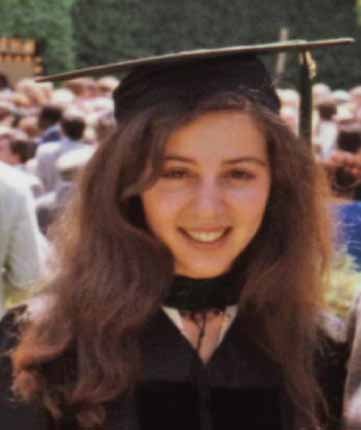 |
I had just turned 23. I thought I was going to get married. I had already met my husband. I thought I was going to have six children. I thought I was going to work part time. And I thought I was going to be a pianist the other part of the time. So that was what I thought I was going to do.
Of course, I never achieved any of those goals. I did get married. But I only had three children. And today I don’t play the piano at all. I thought I was going to play the piano semi-professionally. That’s what I actually thought I was going to do. And instead of getting an engagement present, I asked my husband to get me a piano, which I did get.
“Losing my father (her husband) was the most difficult time we never saw coming,” says Ora’s youngest daughter, Naomi Pescovitz, a TV anchor at FOX 9 in Minneapolis, Minnesota. “My mom has used this time to honor my dad’s memory through her work and participation in causes that mattered to him. She has also become a mentor of sorts to other people who have lost loved ones. I know my dad would be proud.”
From which of your numerous roles (daughter, sister, researcher, mother) do you draw your sense of leadership?
I learned as much about leadership from being a researcher and physician as I have from being a parent. As a scientist, I would plan experiments carefully and interpret data analytically.
As a physician, I listened to patients attentively and followed careful analysis of the data. Then, I act decisively. As a mother and grandmother, I believe my role is to create the environment in which my children will be nurtured, thrive and reach their maximum potential. So I apply those principals to what I hope will be my role as president of Oakland, which is to create the environment in which we will have a vibrant, nurturing, stimulating and resource-rich environment, in which the faculty staff and students will work with the board and the community to take the university to its highest potential.
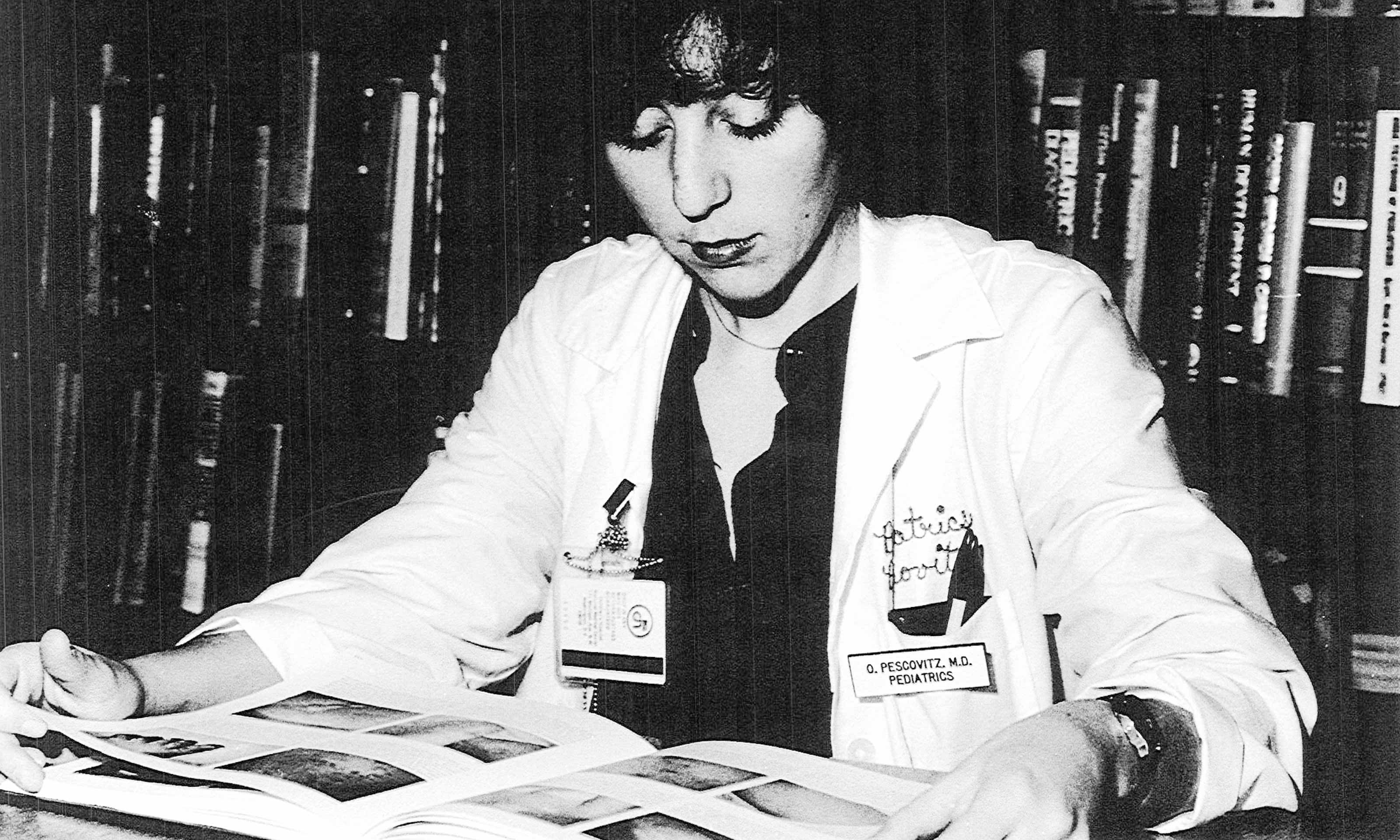
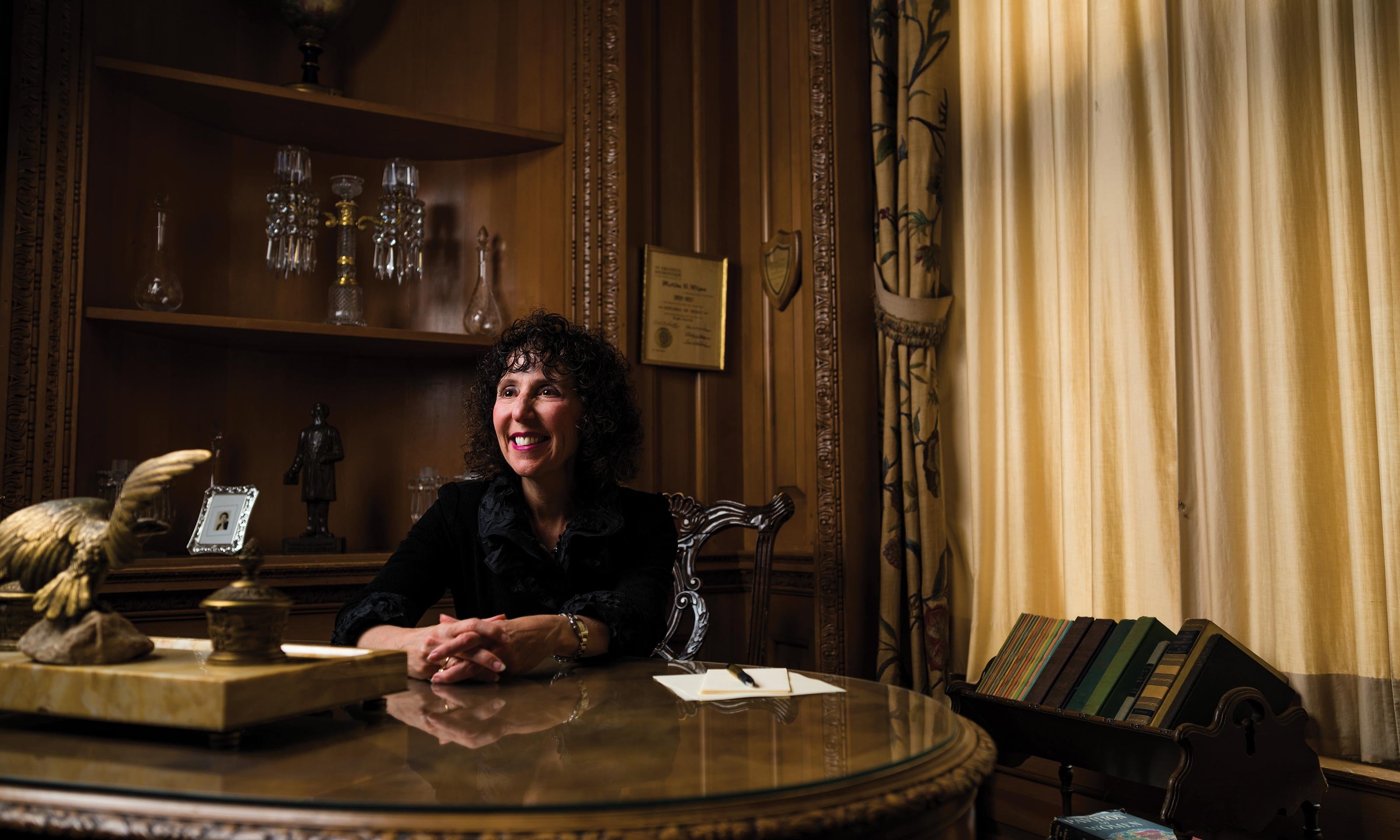
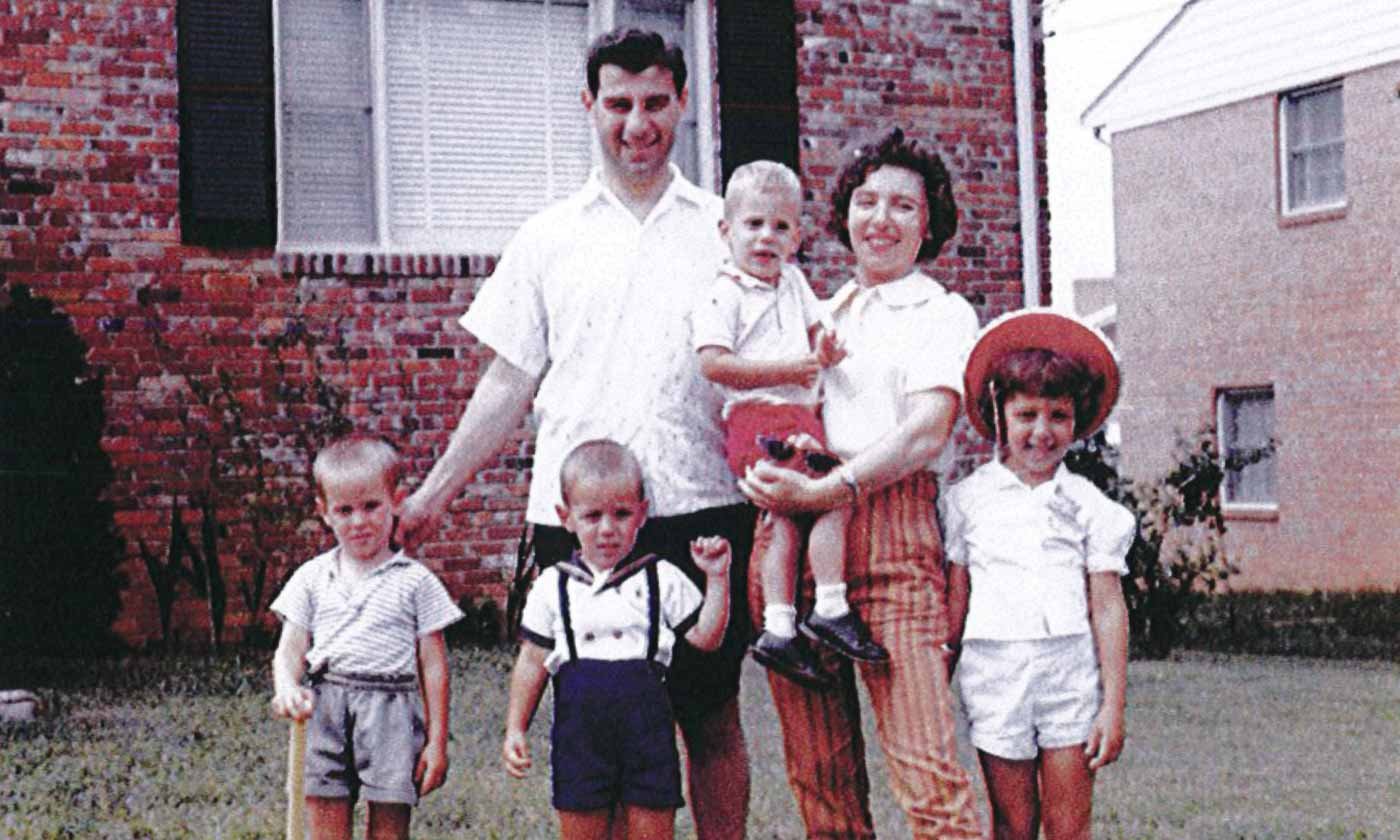
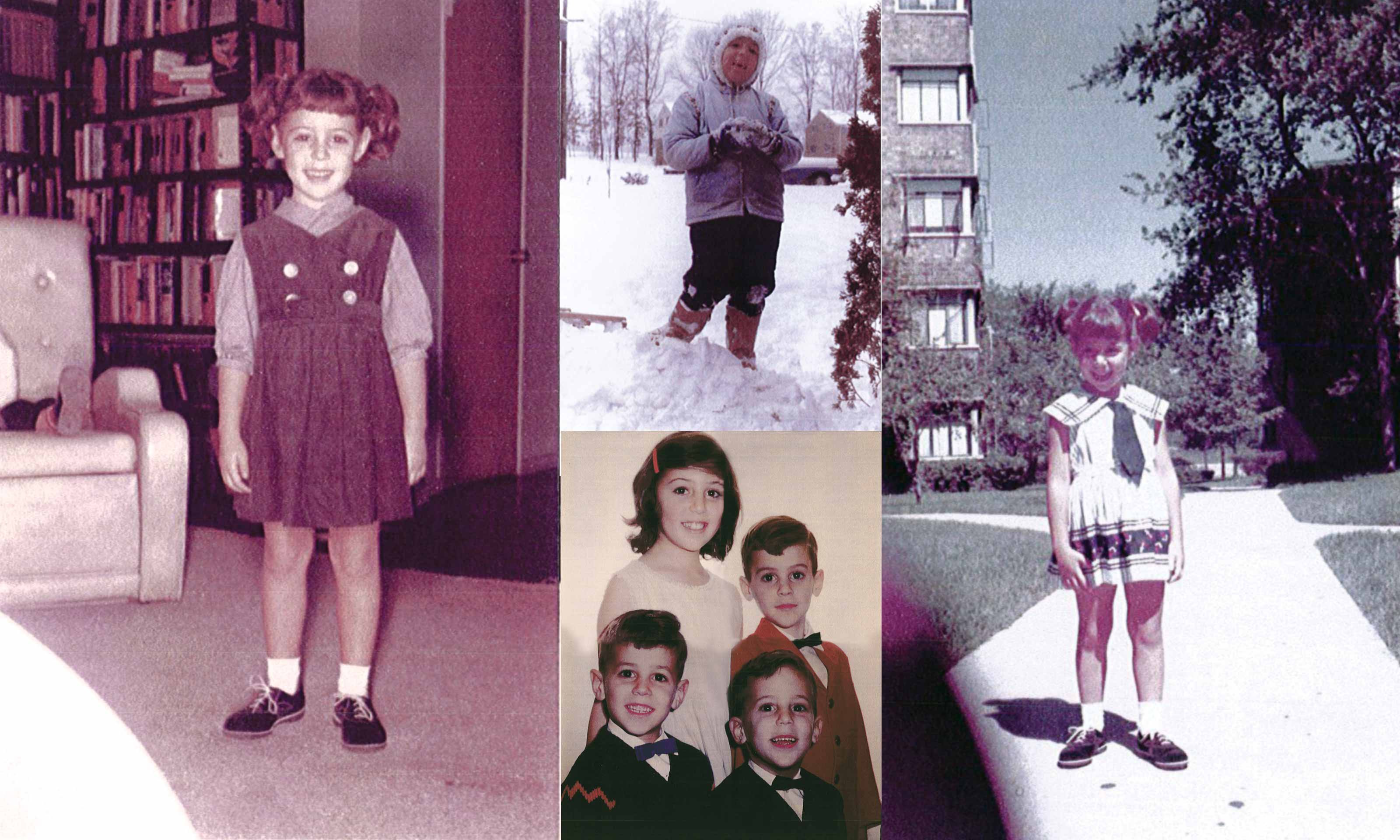
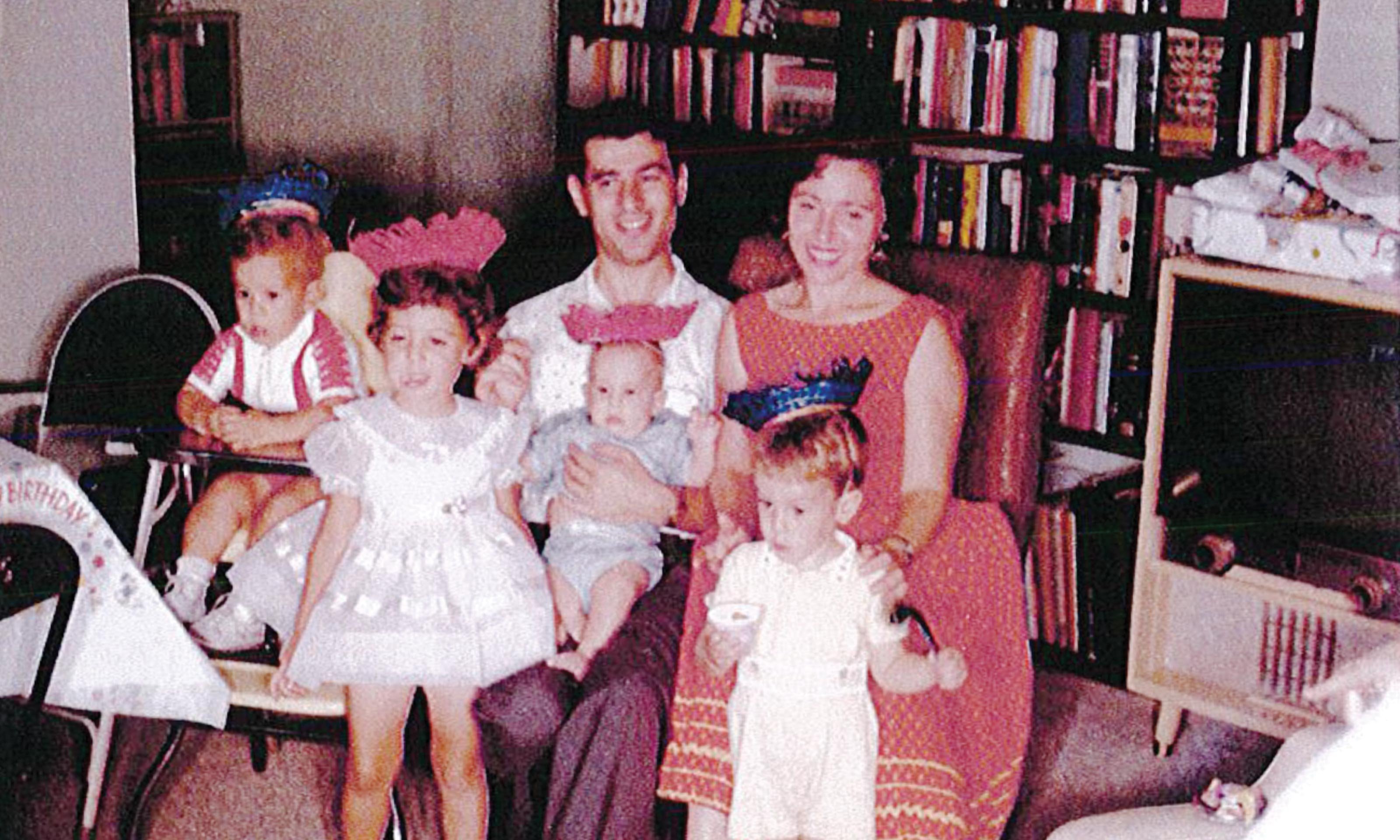
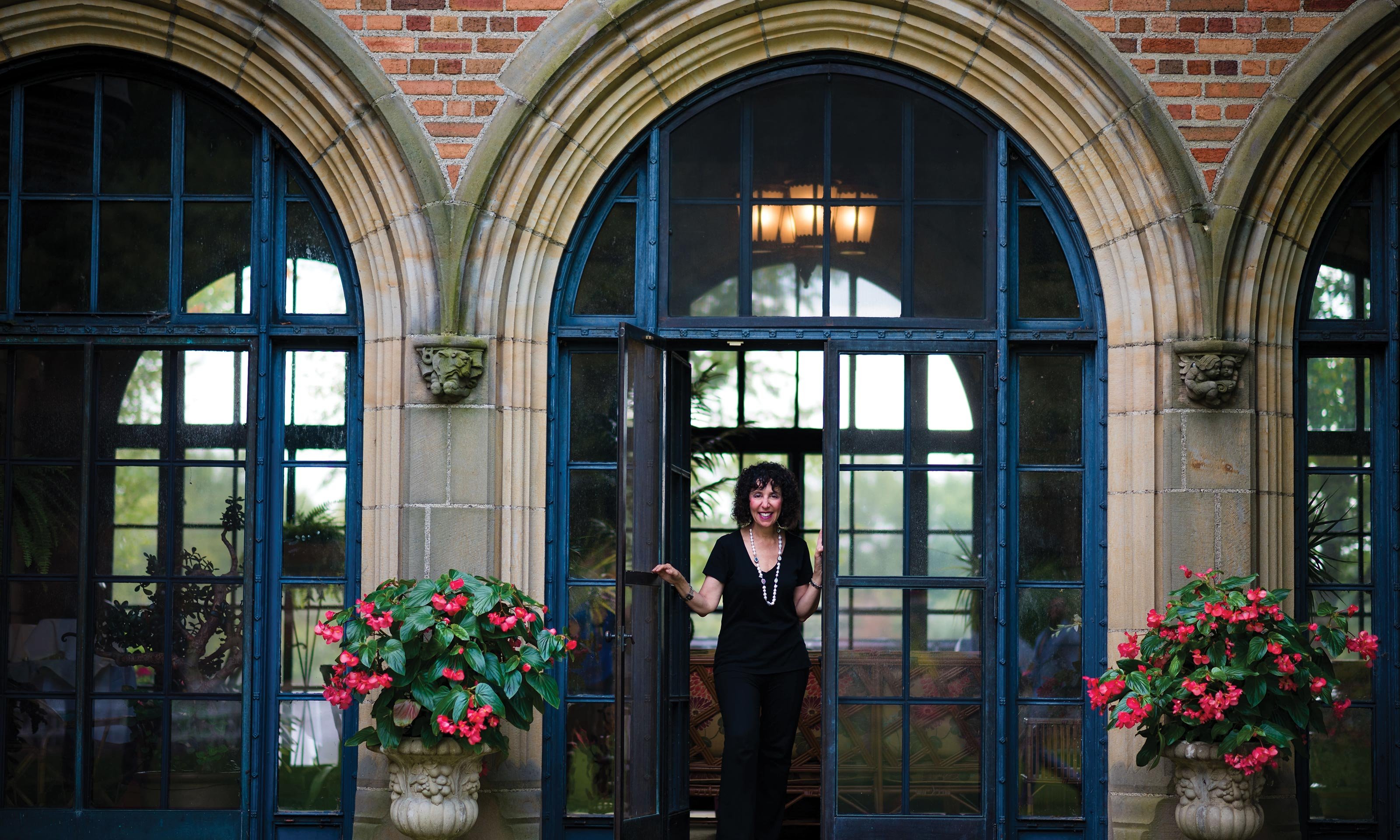
How do you plan to make the University feel like home?
By making the University a place where people will feel safe to explore, where people meet individuals who are both like them and unlike them. So that’s not always easy. It requires what we were talking about at my own dinner table. It requires creating an appetite for tolerance and exposing people to things that are both familiar but also things that are unfamiliar. And when they are unfamiliar, we have to make it safe to be exposed to the unfamiliar.
PRESIDENTIAL PRINCIPLES“Most things in life are improved by others’ perspectives,” says President Pescovitz. “We don’t succeed in isolation.” To that point, she has followed lifelong leadership principles she frequently refers to as the 8Cs: Moral compass: Knowing right from wrong and who you are. Compassion: Feeling empathy; many others have it much worse. Courage: Being unafraid to fail or be wrong. Contribution: Our daily work that impacts and benefits others. Commitment: The hard work and diligence needed to achieve goals. Communication: Critical to every interaction and to success. Collaboration: We can’t succeed in isolation; others’ perspectives are essential. Creativity: In other words: innovation. Even more important than intelligence! |
But our University home is very much like our personal home. So, the magic that’s in your home I think will work in our institutional home as well. Think about what makes a guest feel comfortable in your own home. It’s the same thing that will make a guest feel comfortable in our institutional home. And we want everyone to feel that way.
What is your style of leadership?
My style of leadership can best be portrayed as “ servant leadership,” a term coined by the essayist Robert Greenleaf who says: “The servant-leader is servant first. ... It begins with the natural feeling that one wants to serve, to serve first. Then conscious choice brings one to aspire to lead. A servant-leader focuses primarily on the growth and well-being of people and the communities to which they belong.”
My parents ingrained in their children the Judaic principle of Tikkun olam--a Hebrew phrase meaning “repair the world” or perfecting the world. We were expected to pursue service careers in which we could make a difference in the world and make it a better place. Two of my brothers are doctors and one is a rabbi.
What will be your main focus as president of Oakland University?
As president of Oakland University, I believe my primary role is to ensure that a vibrant, nurturing, stimulating and resource-rich environment exists so that faculty, staff and students will work with the board and the community to take the University to its highest possible potential. I have come to appreciate how important it is for a leader not only to manage resources, but also to attract them. In the era ahead, the president must be a symbol of institutional fundraising, while working with development officers and many others. I have come to enjoy this aspect of leadership and take great pleasure in telling the stories about the important work we do.


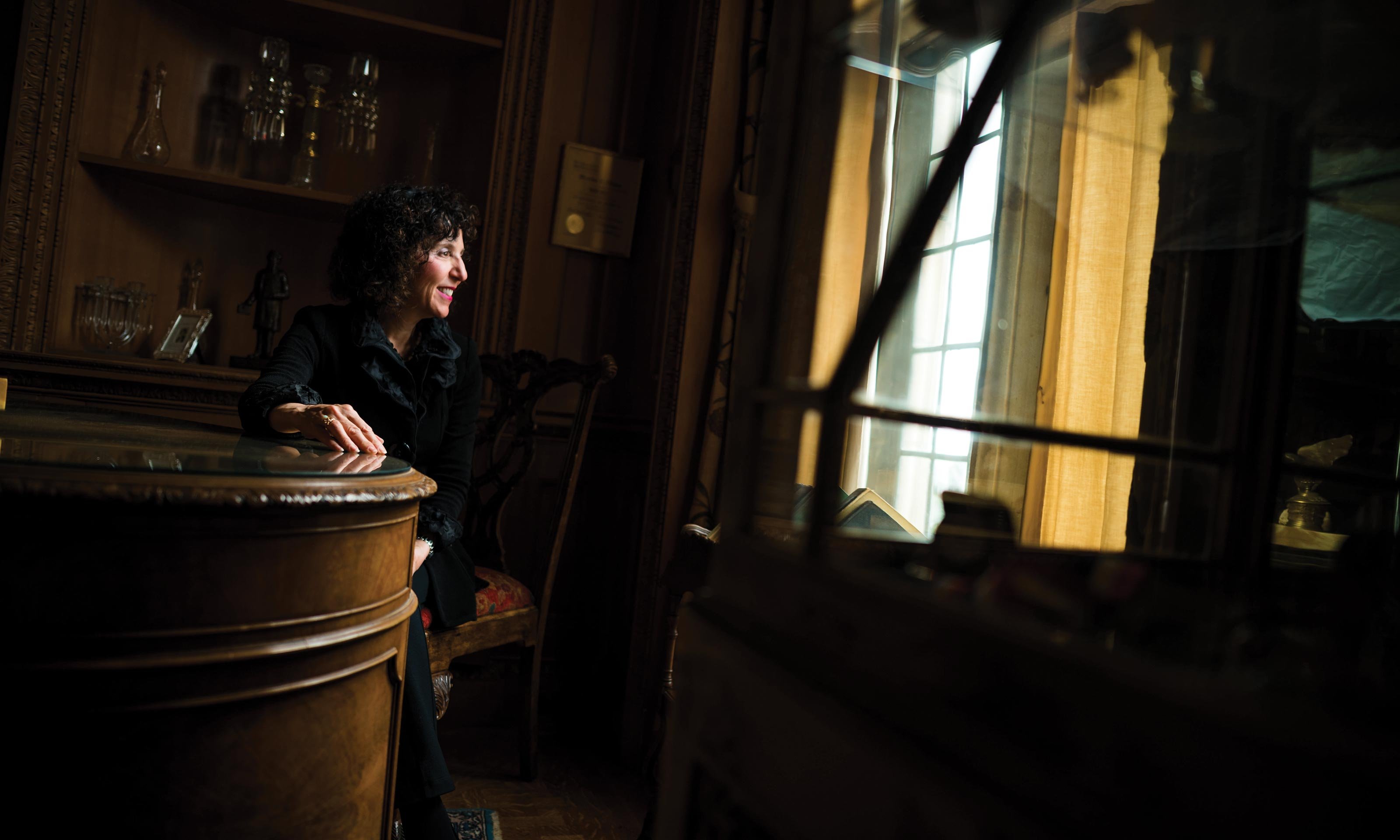
 November 16, 2017
November 16, 2017 By Emell Derra Adolphus
By Emell Derra Adolphus